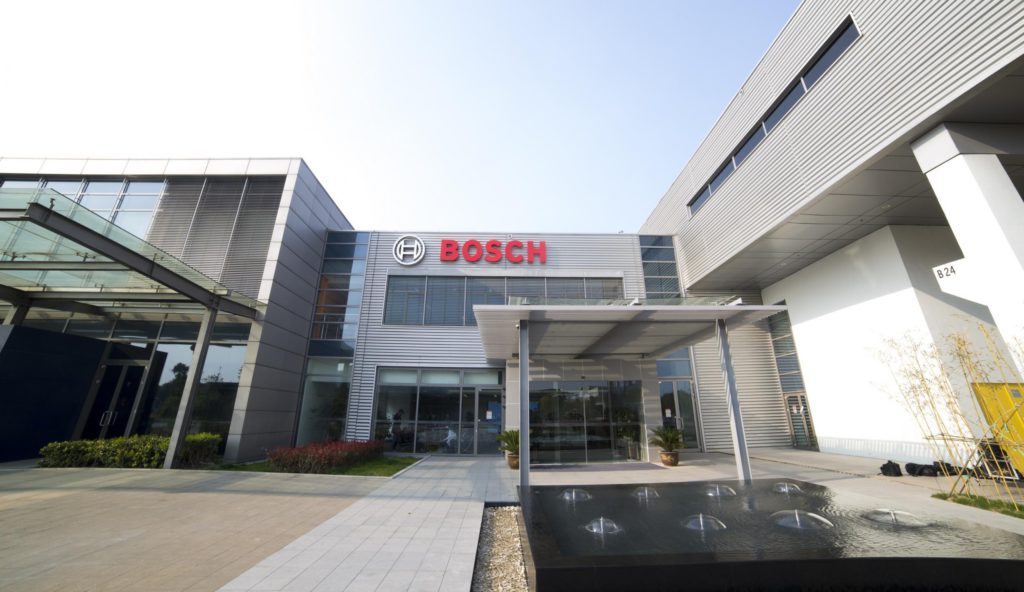Profits grow at Bosch as starter motor business sold to China
04 May 2017

04 May 2017
Technology, component and aftermarket supplier Robert Bosch has announced a growth in profits during Q1 2017, as it signals a slight change in focus by selling its Starter Motors Generators Holding and subsidiaries to a consortium made up of Zhengzhou Coal Mining Machinery Group Co. (ZMJ) and China Renaissance Capital Investment (CRCI).
The move will see 7,000 jobs at 14 locations move over to the new ownership, allowing ZMJ to further internationalise its presence in the automotive supply market, including aiding growth of its own business in the starter motor market.
Chengyao Jiao, CEO of ZMJ, says: ′We are very pleased that we can now add to and successfully further extend our business with these new associates, their expertise, and the excellent products of the Starter Motors and Generators division. In the future, we want the Starter Motors and Generators division to play a central role in our company. Above all, we look forward to working with the existing management team to build up a business in the rapidly growing emerging markets. In addition, we want to further strengthen our position in the markets in which SG is already a leader.’
The news comes as Bosch announced a growth in sales amongst its Q1 2017 results. At the company’s annual press meeting, it was revealed figures had risen 12%, higher than the projected growth of between 3-5% over the course of the year.
Speaking at the meeting, chief executive Volkmar Denner highlighted the position of Bosch and its role in the future of mobility, saying: ′Bosch will make a new kind of mobility possible, a mobility that is without emissions, without stress, and without accidents. It’s no longer just a case of making better cars. We have to reinvent mobility. The broader strategy is to take our existing business forward, open up new areas of business, [and] occupy a technologically leading position.’
The company is currently working on a number of projects in connected and autonomous vehicles, as well as several electric vehicle systems projects. There are also around 300 real driving emissions projects to help reduce nitrogen-oxide emission ″” a key issue since the 2015 Volkswagen scandal, in which Bosch was accused of playing a role. It settled in early 2017, agreeing a pay-out while not admitting guilt. With the launch of Worldwide Harmonised Light Vehicle Test Procedure (WLTP) later this year, the supplier is playing a crucial part in ensuring manufacturers are ready to meet the standards required.
Photograph courtesy of Bosch